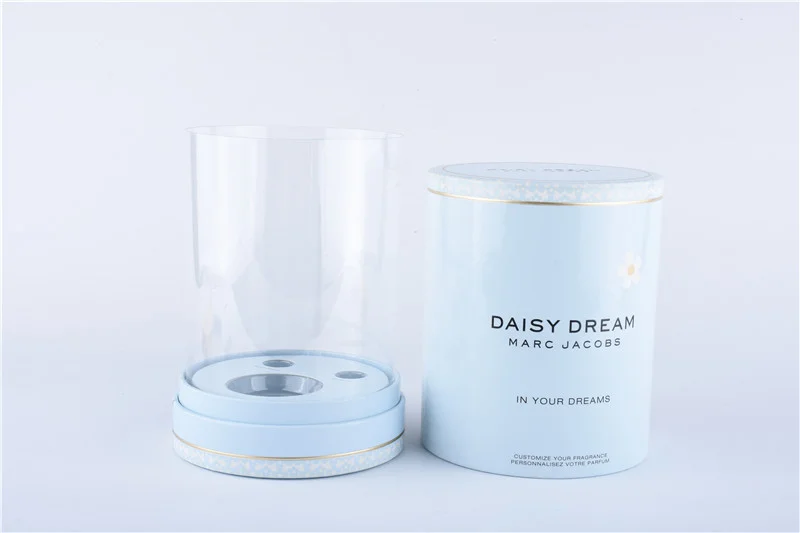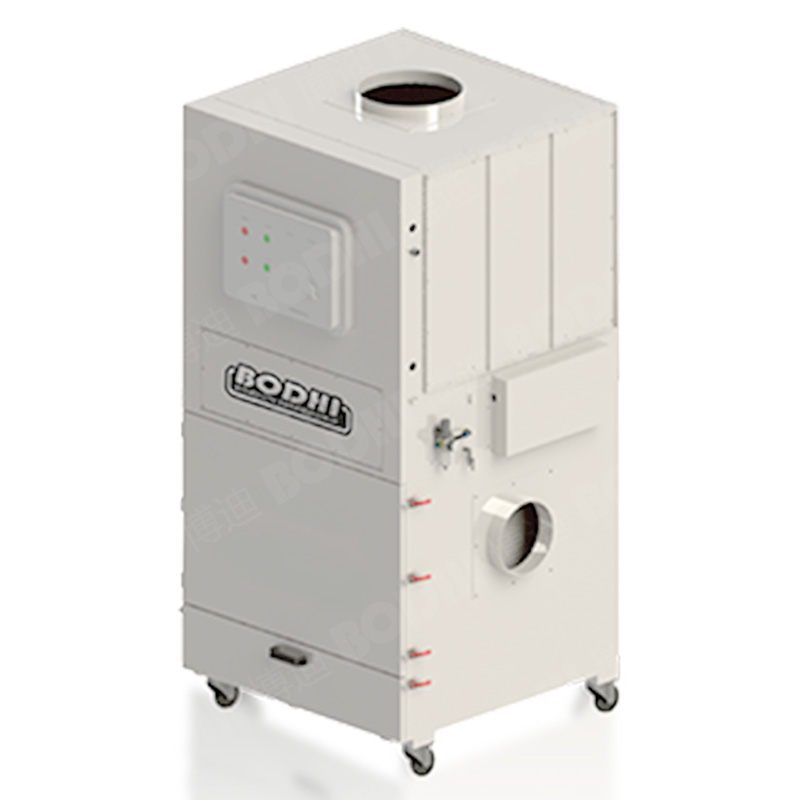When it comes to storing fruits, many of us may not realize that the way we organize our produce can significantly impact their freshness and longevity. While it might seem convenient to toss all fruits into one bowl or drawer, certain fruits emit ethylene gas, a natural plant hormone that accelerates ripening. This article delves into the science behind fruit storage, highlighting which fruits should not be stored together to maintain their quality and extend their shelf life.
Understanding Ethylene Gas
Ethylene is a colorless gas produced by many fruits as they ripen. It acts as a signaling molecule, triggering the ripening process in nearby fruits. While this can be beneficial for some fruits, it can lead to premature spoilage for others. Understanding which fruits are ethylene producers and which are sensitive to it is crucial for effective storage.
Ethylene Producers vs. Ethylene Sensitives
Ethylene Producers:
- Apples: Known for their high ethylene production, apples can hasten the ripening of other fruits.
- Bananas: These are notorious for releasing large amounts of ethylene, especially as they ripen.
- Avocados: They produce ethylene gas, which can help them ripen but can also affect other fruits.
- Tomatoes: Often categorized as a fruit, tomatoes emit ethylene and can influence the ripening of nearby produce.
Ethylene Sensitives:
- Berries: Strawberries, blueberries, and raspberries are highly sensitive to ethylene and can spoil quickly if stored with ethylene producers.
- Citrus Fruits: Oranges, lemons, and limes can lose their freshness and flavor when exposed to ethylene.
- Grapes: These delicate fruits can become mushy and spoil faster when stored near ethylene-producing fruits.
- Melons: Watermelons and cantaloupes are also sensitive to ethylene and can deteriorate in quality when stored improperly.
Fruits That Should Not Be Stored Together
To maximize the shelf life of your fruits, it’s essential to avoid storing certain combinations together. Here are some key pairings to avoid:
- Apples and Berries: The ethylene from apples can cause berries to spoil rapidly. Store them separately to maintain the freshness of both.
- Bananas and Citrus Fruits: Bananas can accelerate the ripening of citrus fruits, leading to a loss of flavor and texture. Keep them apart to preserve their unique qualities.
- Avocados and Grapes: The ethylene emitted by avocados can cause grapes to spoil faster. Store them in different areas of your fridge or countertop.
- Tomatoes and Melons: Tomatoes can produce ethylene gas that negatively affects the quality of melons. It’s best to keep these fruits in separate storage spaces.
Best Practices for Fruit Storage
- Use Separate Containers: Invest in separate containers or bags for ethylene-producing and ethylene-sensitive fruits. This simple step can significantly extend their freshness.
- Monitor Ripeness: Regularly check the ripeness of your fruits. If you notice one fruit is ripening faster than others, consider moving it to a separate location.
- Optimal Temperature: Store fruits at the appropriate temperature. Most fruits do well in a cool, dry place, while some, like bananas and avocados, benefit from room temperature until they ripen.
- Ventilation: Ensure that your storage area has good ventilation. This helps reduce moisture buildup, which can lead to mold and spoilage.
- Regular Cleaning: Keep your storage area clean and free from spoiled fruits, as one rotten fruit can emit more ethylene and spoil others nearby.
Conclusion
Understanding the dynamics of fruit storage can significantly enhance the quality and longevity of your produce. By being mindful of which fruits should not be stored together, you can prevent premature ripening and spoilage, ensuring that your fruits remain fresh and delicious for longer. Implementing these best practices will not only save you money but also enhance your culinary experiences with fresh, flavorful fruits. Remember, the art of fruit storage is not just about convenience; it’s about preserving nature’s bounty in the best possible way.



